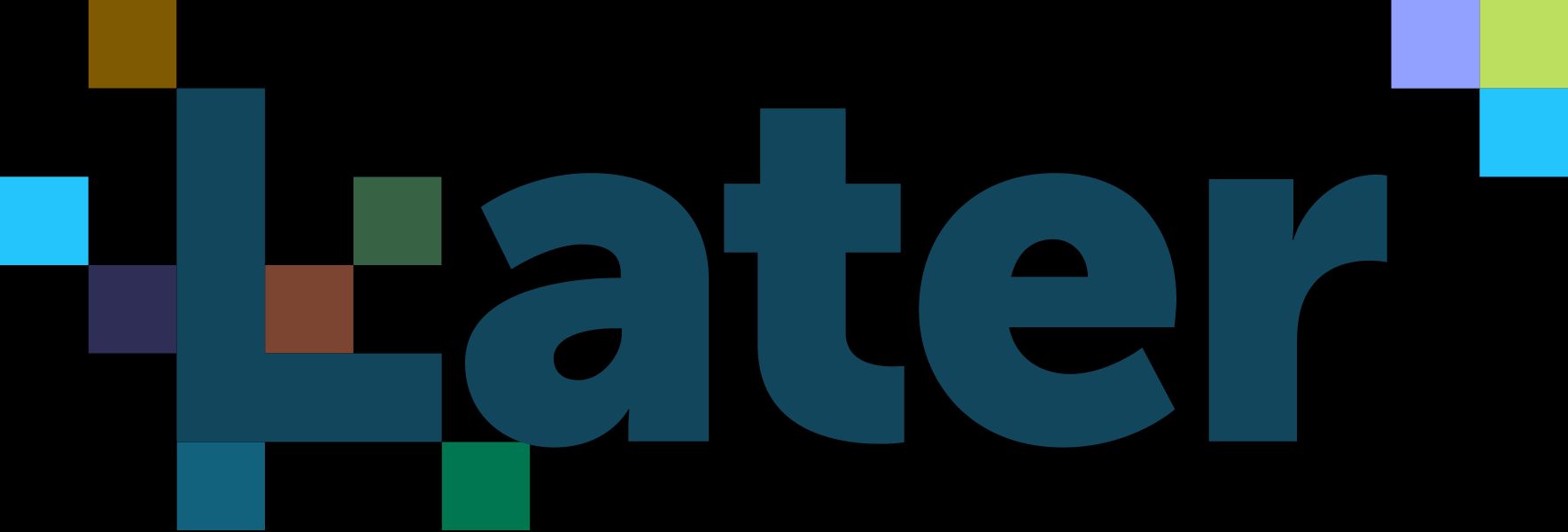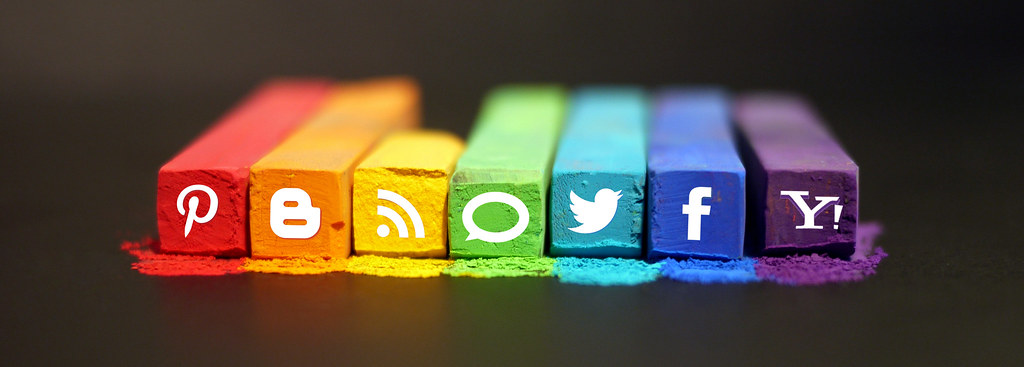
Welcome to the wild world of social media, where fame and fortune often come hand-in-hand with an unwelcome guest: the online troll. If you’ve ever found yourself scrolling through your feeds, you know how quickly a positive interaction can turn sour. Now, imagine being a celebrity with millions of eyes on you, waking up to a daily barrage of insults from strangers. It’s enough to make anyone want to throw their phone into the nearest body of water!
The truth is, no matter how rich or famous, celebrities are still human, and they feel those digital jabs just like the rest of us. While it’s tempting to think they live in a bubble, untouched by the negativity, many of them are on the front lines, navigating the murky waters of online abuse. And here’s the kicker: sometimes, their first instinct is exactly like ours – to reply, to defend, to clap back!
But what if we told you there’s more to their game than meets the eye? Beyond the knee-jerk reactions, many stars have developed ingenious, often surprising, strategies to deal with the relentless virtual bombardment. We’re about to take a deep dive into some of the most fascinating ways celebrities are not just surviving, but thriving in the face of online hate. Get ready to grab your popcorn and prepare to explore celebrity cyberbullying resiliency!
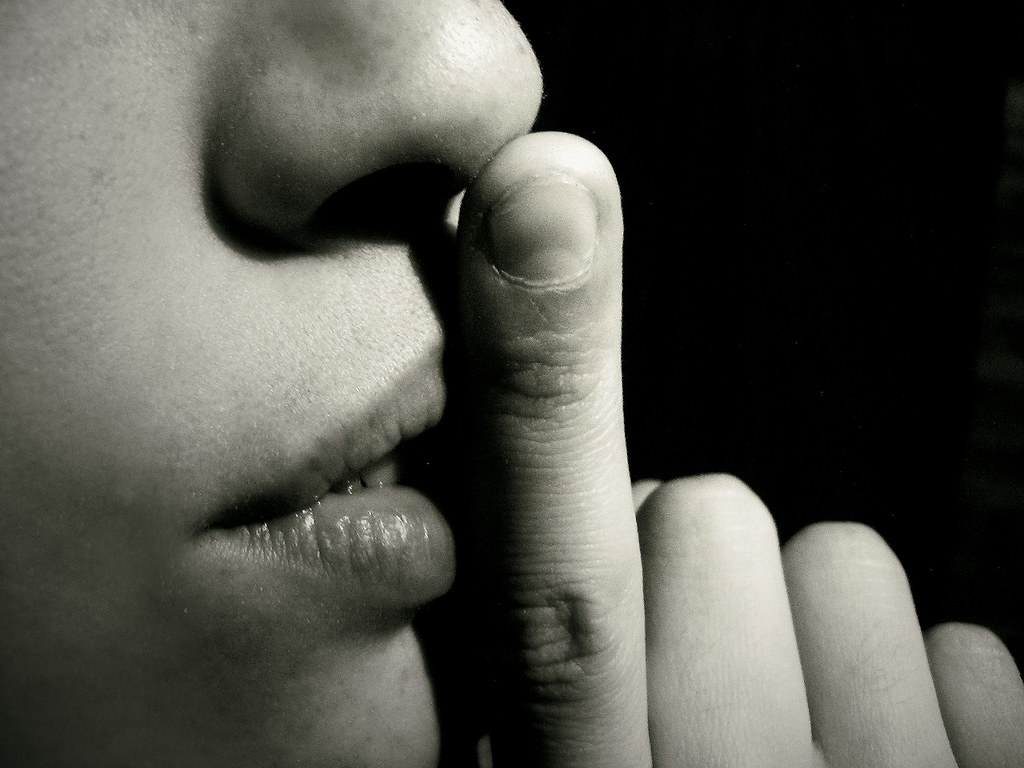
1. **Ignoring and Blocking for Peace of Mind**
Sometimes, the most powerful response is no response at all. This might sound obvious, but in the heat of the moment, resisting the urge to engage with negativity can be incredibly tough, especially when it feels like a direct personal attack. However, many anti-hate groups and celebrities themselves advocate for a simple, yet highly effective, strategy: ignore and block.
Presenter Rachel Riley, for instance, shared her experience, noting she ignored trolls who abused her for being a woman or a football fan “because I knew that those kind of trolls were just after attention.” She learned a crucial distinction: while personal insults often seek attention, political trolls have a more insidious agenda. As Rachel explained, “They’re after publicity. And they purposely target public figures to try and get some of our followers to read their doctrine, basically.” Engaging with them, even to criticize, inadvertently spreads their message.
The Center for Countering Digital Hate (CCDH) report strongly suggests that trolls aim to “generate outrage” and spread “misinformation.” Their advice is clear: “resist the urge to respond,” “block them immediately,” and “switch off app notifications on your phone.” Even football legend Gary Lineker has thrown his weight behind this approach, stating that the sporting world will be grateful for a guide on how to show “online trolls the red card.” It’s about denying them the oxygen they crave and protecting your own peace.
Taking this a step further, some celebrities opt for full digital detoxes. Stars like Selena Gomez and Ed Sheeran have famously taken extended breaks from social media platforms. This isn’t just about ignoring specific trolls; it’s about disconnecting from the entire ecosystem of potential negativity, allowing them to regain perspective and focus on their real lives. It’s a powerful act of self-care, acknowledging that constant exposure to online toxicity can seriously drain one’s mental well-being. By stepping away, they reclaim control over their mental space and prioritize their inner peace above the online din.
Read more about: Expensive Headaches: 11 Critical Engine Problems That Demand Immediate Attention to Avoid Major Repairs

2. **The Art of the Clapback: Wit, Sarcasm & Humor**
While ignoring trolls is a solid strategy, sometimes a well-placed, witty clapback is just too good to resist, and honestly, it can be incredibly entertaining for us, the audience! Some celebrities have mastered the art of turning nasty comments into a moment of pure gold, using humor and sarcasm to disarm their detractors and entertain their loyal fans. It’s like turning lemons into a hilarious, refreshing lemonade, served with a side of shade.
Take Leslie Jones, the brilliant Saturday Night Live star, who has faced racial attacks and other online hate. Instead of staying silent, Leslie “publicly called out her tormentors” and “reacted fiercely.” But her real genius lies in her ability to laugh at hate, fighting her detractors with “wit and sarcasm.” She doesn’t just respond; she performs, disarming them with humor and reminding others that laughter can be a powerful shield against hostility. She uses her platform to not only highlight the harsh comments but also to celebrate and inspire.
Chrissy Teigen, a model, TV host, and cookbook author, is another master of the witty retort. She’s faced endless criticism, but she often simply “laughs off trolls,” employing sarcasm instead of engaging in heated arguments. When criticized for posting personal moments, she simply stated that if people didn’t like her posts, they could unfollow her. It’s a no-nonsense, take-it-or-leave-it attitude that empowers her and keeps her critics at arm’s length. Her ability to stay true to herself and her beliefs, all while gracefully handling trolls, makes her a true inspiration.
Jameela Jamil, the British actress and campaigner, is also a social media troll-fighting machine. She handles trolls with grace by valuing herself and knowing what she stands for. Jameela also brilliantly employs comedy, replying to nasty texts with “funny or caustic quips that leave trolls stunned.” Her humor calms the situation and shows she doesn’t take their criticism seriously, demonstrating a powerful confidence. And let’s not forget the iconic Dolly Parton, who, when a Twitter troll took a jab at her look, responded in her “signature self-aware style,” turning the negativity into a self-deprecating joke that had fans applauding her ability to laugh at herself. It’s a reminder that humor is a powerful tool in dealing with online criticism, and sometimes, it truly is the best revenge!

3. **Turning Trolls into Fuel: Motivation for Success**
Who would have thought that online hate could actually be a secret weapon for success? For some artists, the very criticisms hurled by trolls become the ultimate motivation to push harder, innovate, and ultimately prove everyone wrong. It’s like transforming negative energy into pure, unadulterated rocket fuel, propelling them to new heights they might not have reached otherwise. Talk about a plot twist!
Nigerian music star Rema shared an incredible perspective in a resurfaced video. Back when people mocked his sound as “weird,” he revealed that those criticisms didn’t break him; they motivated him. In his own words, it’s “beautiful to see something that people troll and criticise me for. And, you know what? I’m benefiting from that.” He reflected on what would have happened “if I had stopped or listened to trolls.” Clearly, he didn’t, and the payoff has been immense.
Rema’s journey is a powerful testament to this strategy. He spoke about his unique achievement, noting, “I was actually the first Afrobeat to tour India. And I even came from Africa if I’m not mistaken. But it is a huge deal.” This is a stark reminder that the same voices that tried to diminish him ended up inadvertently fueling his groundbreaking success. It’s a beautiful irony, proving that sometimes, the best way to respond to negativity isn’t with anger, but by channeling it into productive, boundary-breaking action.
This approach isn’t about ignoring the trolls completely, nor is it about engaging in a heated debate. Instead, it’s a strategic reframe: taking the very venom directed at them and using it as a catalyst for growth. It’s a mindset that says, ‘You think I can’t? Watch me.’ For Rema, and undoubtedly for others who adopt this philosophy, replying to trolls isn’t always about a direct clapback; sometimes, it’s about a silent, yet spectacular, turnaround that ultimately leads to unprecedented achievements. It’s about letting your success be the loudest answer.

4. **Defending Family and Core Values**
While many celebrities try to maintain a thick skin in the face of online abuse, there are certain lines that, once crossed, make silence simply impossible. For some, it’s when their loved ones, especially their children, become targets. For others, it’s when their professional integrity or deeply held values are unfairly attacked. In these moments, the celebrity persona often drops, and the human reflex to defend what’s most precious takes over, transforming them from public figures into fiercely protective individuals.
Toyin Abraham, a beloved Nollywood star, experienced this emotional breaking point when trolls not only came for her over her political associations but then “cursed her child.” This wasn’t just an insult; it was a deeply personal attack on her family. She “cried publicly, saying she couldn’t stay silent anymore.” Her reaction perfectly illustrates that while celebrities are expected to endure a lot, there are boundaries – particularly concerning family – that, once breached, make silence stop being an option. It’s a raw, human response that resonates with anyone who understands the fierce love of a parent.
Similarly, musician Peter Okoye, known as Mr P, didn’t hesitate to defend his work and dignity when trolls compared his YouTube views to other artists. He “clapped back, saying he focuses on organic growth and not inflated numbers.” His response wasn’t driven by ego alone, but by a clear intention to protect his professional integrity and make it clear that “his career isn’t defined by clout-chasing stats.” For artists like Mr P, their work is a reflection of their values, and defending it against unfounded attacks is a non-negotiable.
These examples highlight that for celebrities, responding to trolls isn’t always about “pettiness.” It’s often about something far more fundamental. As the context points out, “Family is sacred” and “Image & livelihood matter.” When those core pillars are threatened, the impulse to speak out, to draw a clear line, and to protect what’s most important becomes paramount. It reminds us that even under the glare of the spotlight, celebrities are driven by the same profound human motivations as anyone else, especially when it comes to defending their loved ones and their life’s work.
Read more about: Denzel Washington: Unpacking a Legacy of Faith, Family, and Formative Choices That Shaped an Icon

5. **Seeking Justice: Tracking and Confronting Trolls**
Sometimes, the online harassment crosses a line from annoying to deeply damaging, moving beyond casual insults to organized attacks or targeted defamation. In these extreme cases, some celebrities decide that enough is enough and take proactive steps to seek justice, even going so far as to unmask their anonymous tormentors. It’s a powerful statement that cyberbullying has real-world consequences and that anonymity online doesn’t guarantee impunity.
Davido, a global music sensation, revealed a shocking instance of organized trolling. He once paid “$5,000 to track a troll who was constantly insulting him online,” only to discover “the person was being paid to troll him.” This revelation takes the issue to a whole new level, showing that not all online hate is random; some of it is a calculated, paid effort to spread negativity. When Davido later “clapped back at a troll who made dismissive comments on his background,” it was a direct confrontation of those who sought to diminish him based on falsehoods.
In a similar vein, social media figure Indy Clinton, with millions of followers, decided to take decisive action after an “onslaught of online trolling” seriously affected her mental health and her ability to be a good mum. She hired a “private investigator to unmask people who ‘bullied, defamed and trolled’ her – a process that cost her $8000.” The investigation was extensive, involving a 12-week period where the team “went to the extent of starting conversations with these people to infiltrate” and gather information. The ultimate discovery? “All of [the anonymous trolls] were women and most of them were mothers.”
Indy’s motivation was clear: “I need to create change and I will create change because no one should have their mum have to cry or have breakdowns when they put their kids to bed.” This proactive approach highlights a growing trend among public figures who refuse to be silent victims. While the decision to pursue such an investigation is costly and emotionally taxing, it underscores a powerful message: seeking justice can be a vital step not just for personal relief, but also to inspire broader change and hold online bullies accountable for their damaging actions.
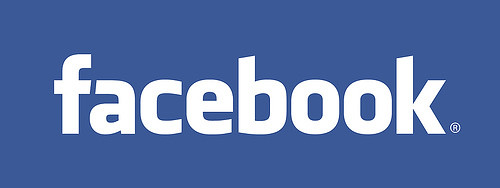
6. **Unflappable Poise: The Calm and Collected Response**
Not every celebrity engages in a fiery clapback or a dramatic expose. For some, the most impactful way to handle online criticism is with an almost Zen-like calmness, maintaining an unflappable poise that leaves trolls with nothing to latch onto. This strategy disarms critics by refusing to give them the emotional reaction they crave, often turning their aggressive words into moments of bewildered amusement or quiet dignity. It’s like a martial artist deflecting a blow with minimal effort, making the aggressor look foolish in the process.
Gwyneth Paltrow, an Academy Award-winning actress and lifestyle guru, is no stranger to public scrutiny. When confronted with a “Mean Tweet” that insultingly compared her appearance to a character from Sesame Street, her reaction was a masterclass in composure. She read the tweet aloud “while maintaining her poise,” her response understated but perfectly capturing the essence of rising above petty criticism. As the context notes, her calm demeanor had the internet buzzing with admiration, proving that “sometimes the best response to negativity is a calm and collected one.” She simply refused to be rattled, making the insult seem trivial.
Similarly, Emma Stone, an Oscar-winning actress, displayed remarkable grace when faced with a peculiar mean tweet about her beauty. Instead of offense, Stone reacted with “bemused curiosity,” seemingly “genuinely intrigued by the troll’s creative, albeit bizarre, attempt to insult her.” Her expression was more about acknowledging the oddity of the critique than feeling personally attacked. This controlled and composed reaction demonstrated her ability to elevate above the petty criticisms of internet trolls, turning what was intended as a jab into a moment of playful observation.
Perhaps the epitome of this unflappable poise is Tilda Swinton. Known for her eclectic style and serene demeanor, Swinton is often an easy target for trolls who mock her unconventional look. However, her “cool, composed demeanor in the face of insults is legendary.” When a particularly blunt and absurd mean tweet referenced her appearance, Swinton maintained her “characteristic stoicism, reading the tweet with a calm and measured tone that left the troll’s words irrelevant.” Her ability to “turn the other cheek and remain unbothered by the critique” made her response incredibly powerful, proving that sometimes, “the best way to handle a mean comment is to rise above it with dignity and poise.” This quiet strength, often more impactful than any shouted retort, effectively neutralizes the troll’s power by denying them the satisfaction of a reaction.
Navigating the relentless digital landscape is no easy feat, and as we’ve seen, celebrities employ a variety of front-line tactics to combat online trolls. But beyond the immediate clapbacks and strategic silences, many stars are tapping into deeper, more profound strategies that not only protect their inner peace but also inspire countless others. It’s about building resilience from the inside out and turning personal battles into powerful public statements. Let’s dive into these often more nuanced, yet incredibly impactful, approaches.
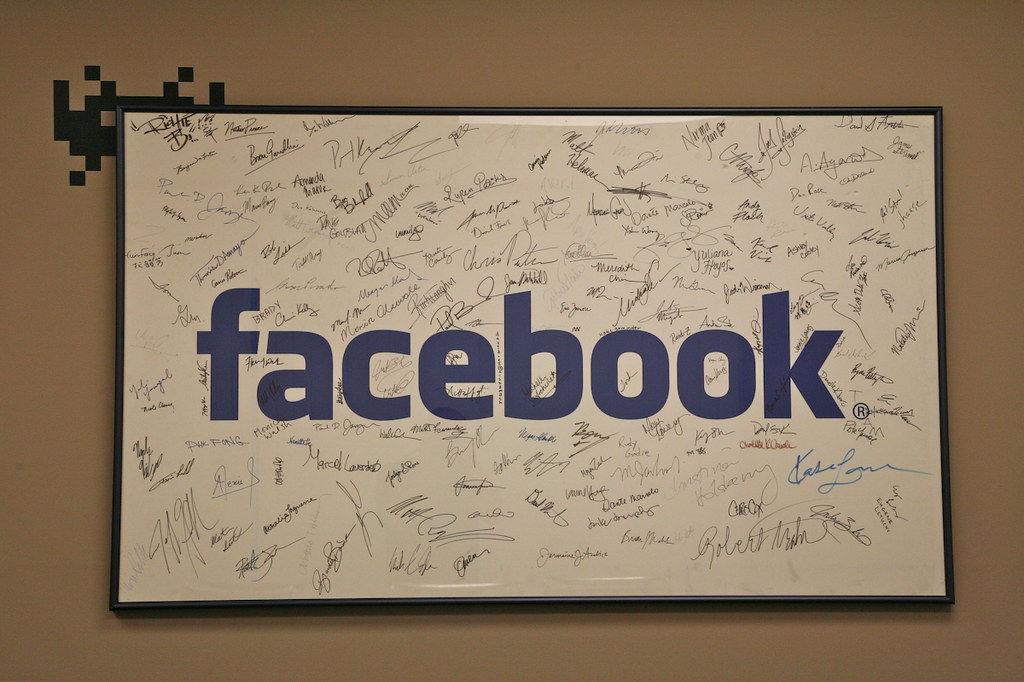
7. **Embracing Vulnerability as a Shield**
In a world where celebrities often feel immense pressure to appear flawless, some stars are finding incredible strength in doing the exact opposite: embracing their vulnerability. This isn’t just about sharing personal struggles; it’s a deliberate act of confronting trolls by being authentically themselves, showing that true resilience comes from owning your story, scars and all. It’s a powerful message that resonates deeply with fans who might be facing similar battles.
Take Demi Lovato, for instance, a gifted singer, actor, and activist who has openly navigated the choppy waters of mental health and body image difficulties. Instead of shying away from critics, Demi confronts online trolls directly, sending a strong anti-bullying message simply by standing up for herself. By being transparent about her challenges, she effectively disarms those who might try to use her vulnerabilities against her.
Demi uses social media not just to defend herself, but to inspire and challenge naysayers. She actively promotes self-love, body positivity, and mental health awareness. This creates a powerful, friendly network where fans can find comfort, knowing they are not alone in their struggles, and transforming a platform often used for hate into one of healing and connection.
While embracing vulnerability, Demi also wisely understands the importance of boundaries. She recognizes that nasty comments can be harmful, and for self-care and mental wellness, she smartly takes social media breaks. This balance of openness and self-protection demonstrates a mature approach to digital resilience, proving that showing your true self, even with its imperfections, can be your greatest strength.
Read more about: Tire Specialist’s ‘Smart’ Move: Prevent Sidewall Cracks Easily Without Ever Changing Your Driving Style
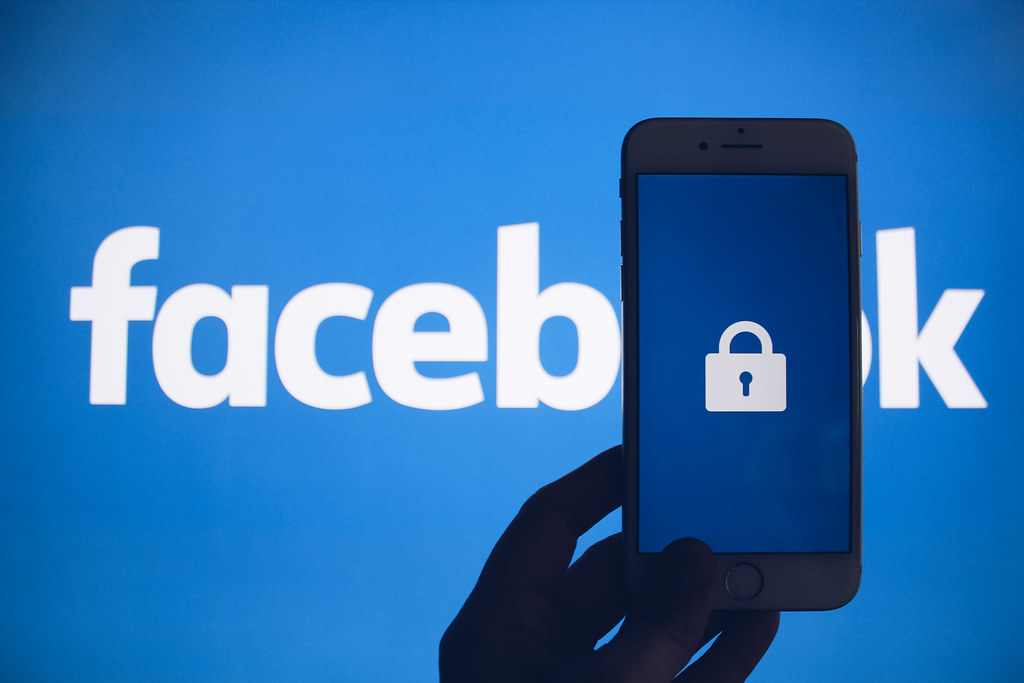
8. **Becoming an Advocate: Using Fame to Combat Hate**
Beyond just protecting themselves, some celebrities leverage their massive platforms to become powerful advocates, transforming their personal experiences with online hate into a broader movement for good. They don’t just react; they proactively shape the narrative, encouraging kindness and challenging the very culture of online abuse. It’s a shift from defense to offense, but with a message of peace.
Singer Billie Eilish is a brilliant example of this strategy. She has openly called out online hate, using her global fame to encourage her fans to spread kindness instead of negativity. By addressing the issue head-on, she’s not just sharing her personal feelings; she’s actively shifting the conversation and inspiring millions to be part of the solution rather than the problem.
This advocacy isn’t just about individual responses; it’s about fostering a community where empathy and respect are prioritized. When celebrities speak out against cyberbullying, they give voice to countless individuals who experience similar attacks but lack the platform to fight back effectively. It’s a vital step towards creating a more inclusive and diverse online environment, where identity-based hate is challenged and marginalized voices are supported.
By taking a stand, these stars not only protect their own well-being but also contribute to a larger cultural change. They shine a light on the insidious nature of online hate, reminding everyone that their words have impact and encouraging a collective responsibility to make the internet a safer, more positive space. This proactive stance turns a personal struggle into a powerful force for social good.
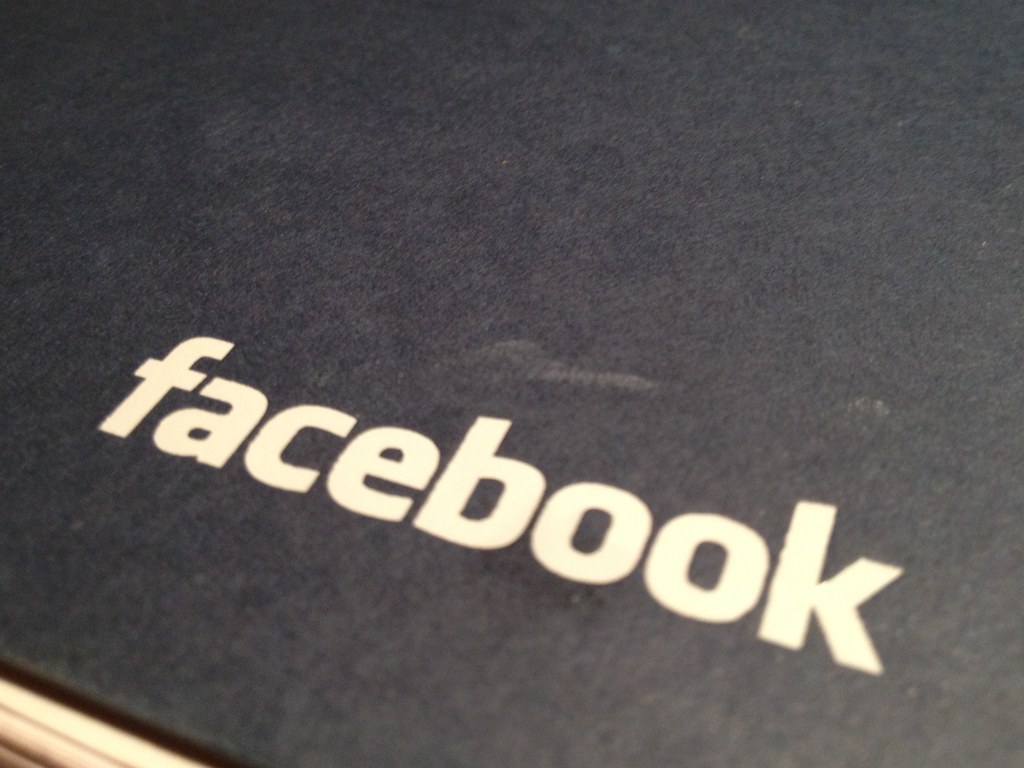
9. **Prioritizing Holistic Mental Well-being**
While ignoring trolls and taking social media breaks are crucial first steps, many celebrities recognize that true digital resilience requires a deeper, more holistic commitment to mental well-being. The constant pressure and negativity of online fame can be incredibly isolating, and dealing with cyberbullying necessitates robust mental health support, extending far beyond simply logging off.
Public figures like Demi Lovato and Prince Harry have bravely spoken openly about the importance of mental health care and therapy in navigating the strains of online harassment. They acknowledge that professional support is not a sign of weakness, but a vital tool for processing the emotional toll of constant scrutiny and abuse. This encourages fans to seek help, normalizing mental health conversations in a powerful way.
This comprehensive approach involves understanding that constant exposure to online toxicity can seriously drain one’s mental well-being, demanding acts of self-care and compassion. It means actively seeking ways to disconnect from the entire ecosystem of potential negativity, allowing them to regain perspective and focus on their real lives. It’s about creating a sustainable inner sanctuary against the external storm.
Ultimately, prioritizing holistic mental well-being means recognizing that personal peace is paramount. It involves consistently making choices that nurture one’s emotional and psychological health, even if it means stepping away from the spotlight or challenging public expectations. This deep commitment to self-care is perhaps the most profound strategy a celebrity can employ in the face of relentless online hate, transforming personal struggle into an inspiring testament to inner strength.
Read more about: Unlock Top-Tier Healthcare: Your Actionable Guide to Finding the Right Doctor or Specialist in Under a Week
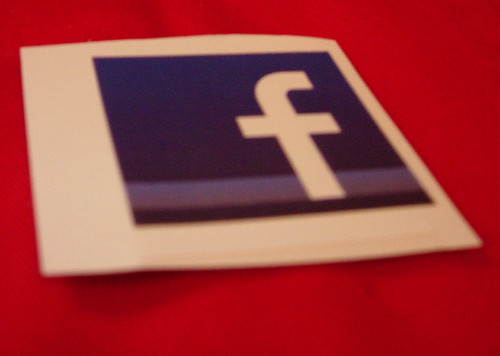
10. **The Personal Outlet: Finding Emotional Relief in Direct Response**
While conventional wisdom often dictates ignoring online trolls, some celebrities have found a unique and deeply personal strategy that provides them with emotional relief: direct engagement. This isn’t about feeding the trolls for attention, but rather an authentic expression of feelings that helps them stay grounded and true to themselves, rather than bottling up emotions.
Media personality Do2dtun candidly shared this perspective, stating that responding to online trolls gives him emotional relief and helps him remain authentic. Unlike many who choose silence, he finds comfort in expressing how he feels, emphasizing, “I’m human before anything else. If someone disrespects me online, I react the same way I would in real life. It helps me breathe and keeps me grounded.”
Do2dtun acknowledges the public pressure to overlook insults, but this method simply doesn’t always work for him. He has learned to respond thoughtfully, guided by clarity and self-control, rather than out of anger. As he puts it, “There are times I simply block people, but there are moments when replying is necessary. When I respond, it’s from a place of understanding, not pride.”
This unconventional strategy, centered on staying true to his emotions, has paradoxically strengthened him, even when it means showing vulnerability. He believes that being open about his feelings has helped him handle both personal struggles and public criticism. For Do2dtun, it’s about accepting that “people expect silence, but I’ve grown by being honest about what I feel. I don’t pretend to be strong. I face things one step at a time.”
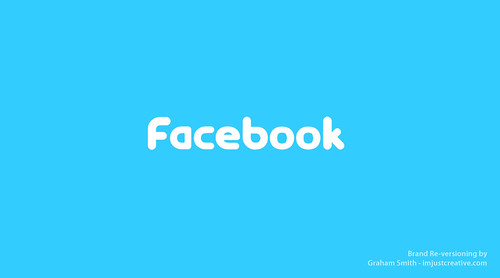
11. **Decoding the Troll Dynamic: The Psychology Behind Celebrity Replies**
Ever wonder why even the most level-headed celebrities sometimes can’t resist hitting back at a troll, despite knowing the risks? It’s not always just about pride or ego; there’s a fascinating psychological dance at play, amplified by the very architecture of social media platforms. Understanding this core dynamic gives us a deeper insight into the complex world of celebrity-troll interactions.
First, there’s the ‘human reflex’ rooted in our negativity bias. Science shows we feel insults more deeply than compliments. For celebrities, a nasty comment echoes louder because it’s public, a direct attack on their carefully crafted image, brand, and respect—the very foundations of their career. No wonder replies can slip out before a second thought, driven by a primal need to defend what’s precious.
Then, there’s the ‘platform problem.’ Social media algorithms thrive on drama; arguments, insults, and clapbacks generate engagement, pushing these posts to the top of feeds. A celebrity’s retort isn’t just a personal reaction; it’s instant, shareable content that can trend, grab headlines, and even provide unexpected PR. The internet, in a twisted way, often rewards outrage, making it a tricky game for stars to navigate.
However, this engagement comes with a downside. Replying can give trolls the attention they desperately crave, escalating a minor jab into a full-blown online war. It can also cause significant mental health strain, PR risks, and even legal issues if accusations fly. This complex interplay of human emotion, platform mechanics, and potential consequences highlights why handling trolls is far from simple and often a fraught decision for those in the spotlight.
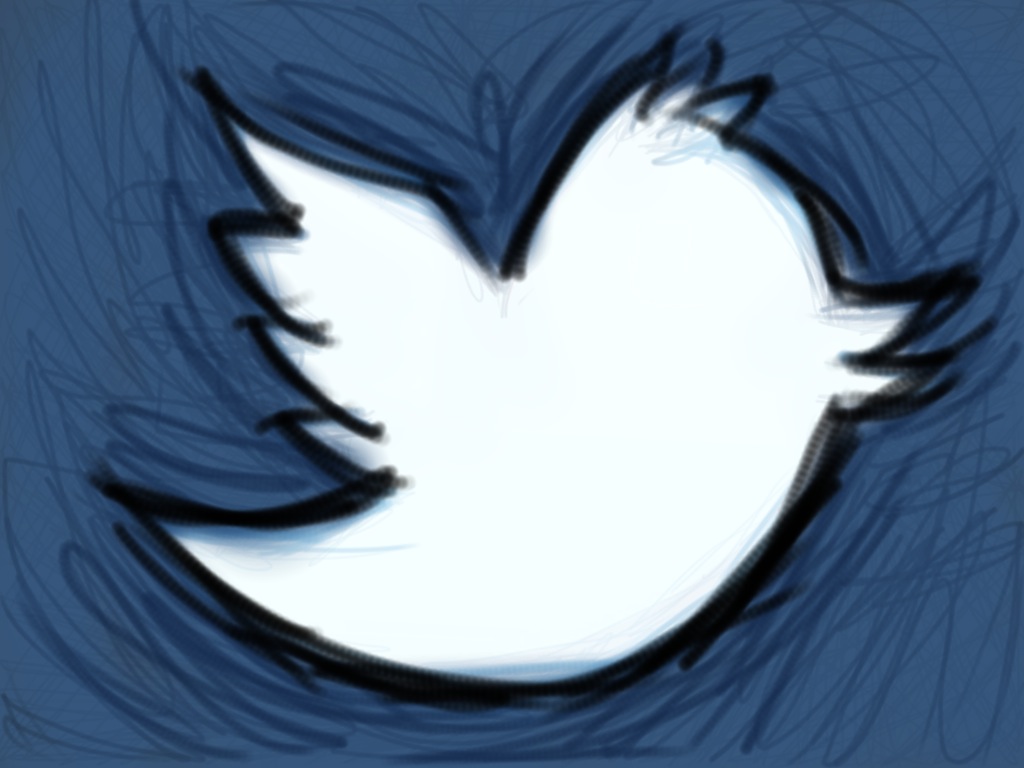
12. **The Shared Experience: Turning Mean Tweets into Collective Entertainment**
While some celebrities confront trolls head-on or strategically ignore them, there’s another brilliant, somewhat meta, approach that turns the tables entirely: transforming mean tweets into shared comedy. Shows like Jimmy Kimmel Live’s “Mean Tweets” segment exemplify this, showcasing how public figures can deflate the power of online negativity by exposing it and collectively laughing at its absurdity, often alongside millions of viewers.
These moments aren’t just about a witty clapback; they’re a performance that highlights celebrity resilience and relatability. Justin Bieber, for example, displayed genuine vulnerability when reading a particularly harsh tweet, showing the human impact of online insults and making him more relatable to his fans. Ariana Grande reacted with amused curiosity to a creatively cutting tweet, turning what was meant to be offensive into a moment of playful observation and entertainment.
Similarly, Drake’s expression of intrigue and puzzlement over a metaphorical, bizarre lyrical criticism allowed audiences to share in his bewilderment, creating a collective moment of humor. These varied public displays—whether stoicism, amusement, or even temporary emotional distress—demonstrate that celebrities can disarm trolls not just with a perfect retort, but by turning the tables and allowing the audience to witness and process the absurdity of the hate with them.
By taking the mean comments out of the dark corners of the internet and into the bright lights of mainstream media, celebrities transform personal attacks into a shared, public experience. This collective laughter and empathy diminish the troll’s intended impact, turning their negativity into a powerful testament to the star’s strength and the unifying power of humor. It’s a remarkable way to show that while online hate exists, it doesn’t have to win, especially when faced with grace, wit, and a touch of shared amusement.
The journey through the world of celebrity-troll interactions is a wild one, full of unexpected twists and turns. From the quiet strength of ignoring the noise to the fiery brilliance of a clapback, and from turning insults into rocket fuel to embracing vulnerability, these stars remind us that handling online hate is deeply personal and incredibly complex. They navigate these murky waters not just for themselves, but often to inspire us, their fans, to find our own resilience. Whether through advocating for kindness, prioritizing mental well-being, or even finding emotional relief in a direct response, celebrities are constantly evolving their strategies, proving that while the internet can be a dark place, the human spirit’s ability to shine through is far more powerful. So next time you see an online jab, remember these lessons: protect your peace, find your voice, and sometimes, a little shared laughter can be the best revenge of all. Stay fabulous, stay kind, and keep shining online!

